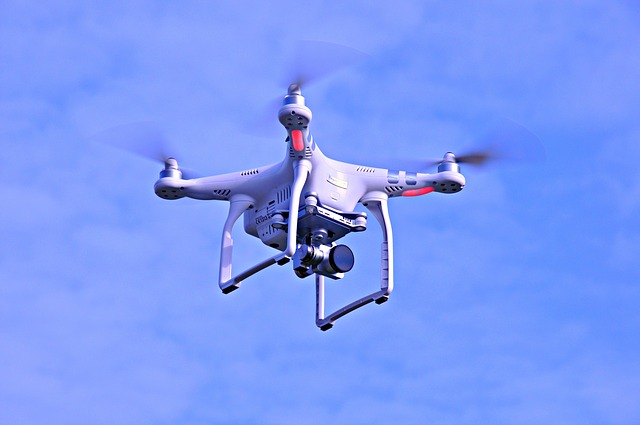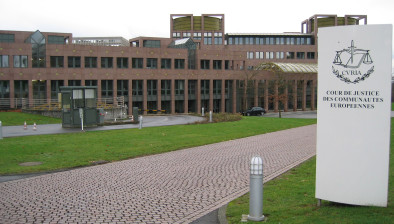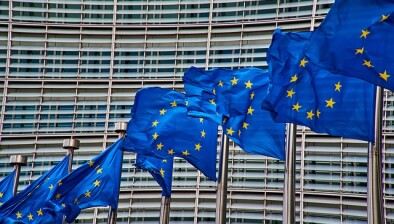Victims of AI-related damage to benefit from proposed changes to EU liability rules

Consumers injured by AI-powered devices like drones, robots and smart home systems will be able to sue for compensation more easily under proposals adopted by the European Commission.
The European Commission this week set out plans for a revised Product Liability Directive and a new AI Liability Directive, which it says will together adapt liability rules to the digital age, circular economy and the impact of global value chains.
The revised Product Liability Directive will allow compensation for damage when products are made unsafe by software updates, AI or digital services that are needed to operate the product, as well as when manufacturers fail to address cybersecurity vulnerabilities.
The new AI Liability Directive will lay down uniform rules for access to information and alleviation of the burden of proof in relation to damages caused by AI systems, establishing broader protection for victims, and fostering the AI sector by increasing guarantees.
The new Directive will also harmonise certain rules for claims outside of the scope of the Product Liability Directive, in cases in which damage is caused due to wrongful behaviour. This covers, for example, breaches of privacy, or damages caused by safety issues.
Two main features of the proposed AI Liability Directive will simplify the legal process for victims when it comes to proving that someone’s fault led to damage:
- First, in circumstances where a relevant fault has been established and a causal link to the AI performance seems reasonably likely, the so called ‘presumption of causality’ will address the difficulties experienced by victims in having to explain in detail how harm was caused by a specific fault or omission, which can be particularly hard when trying to understand and navigate complex AI systems.
- Second, victims will have more tools to seek legal reparation, by introducing a right of access to evidence from companies and suppliers, in cases in which high-risk AI is involved.
The Commission said its proposals “strike a balance between protecting consumers and fostering innovation, removing additional barriers for victims to access compensation, while laying down guarantees for the AI sector by introducing, per instance, the right to fight a liability claim based on a presumption of causality”.
Věra Jourová, vice-president for values and transparency, said: “We want the AI technologies to thrive in the EU. For this to happen, people need to trust digital innovations. With today’s proposal on AI civil liability we give customers tools for remedies in case of damage caused by AI so that they have the same level of protection as with traditional technologies and we ensure legal certainty for our internal market.”
Thierry Breton, commissioner for internal market, said: “The Product Liability Directive has been a cornerstone of the internal market for four decades. Today’s proposal will make it fit to respond to the challenges of the decades to come. The new rules will reflect global value chains, foster innovation and consumer trust, and provide stronger legal certainty for businesses involved in the green and digital transition.”
Didier Reynders, commissioner for justice, added: “While considering the huge potential of new technologies, we must always ensure the safety of consumers. Proper standards of protection for EU citizens are the basis for consumer trust and therefore successful innovation.
“New technologies like drones or delivery services operated by AI can only work when consumers feel safe and protected. Today, we propose modern liability rules that will do just that. We make our legal framework fit for the realities of the digital transformation.”











